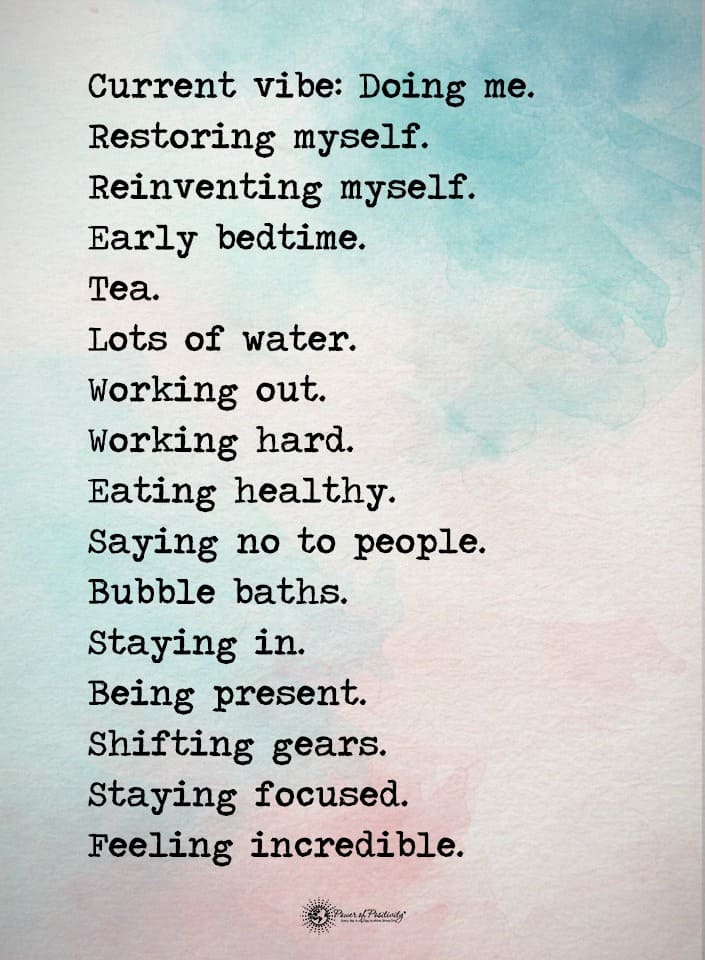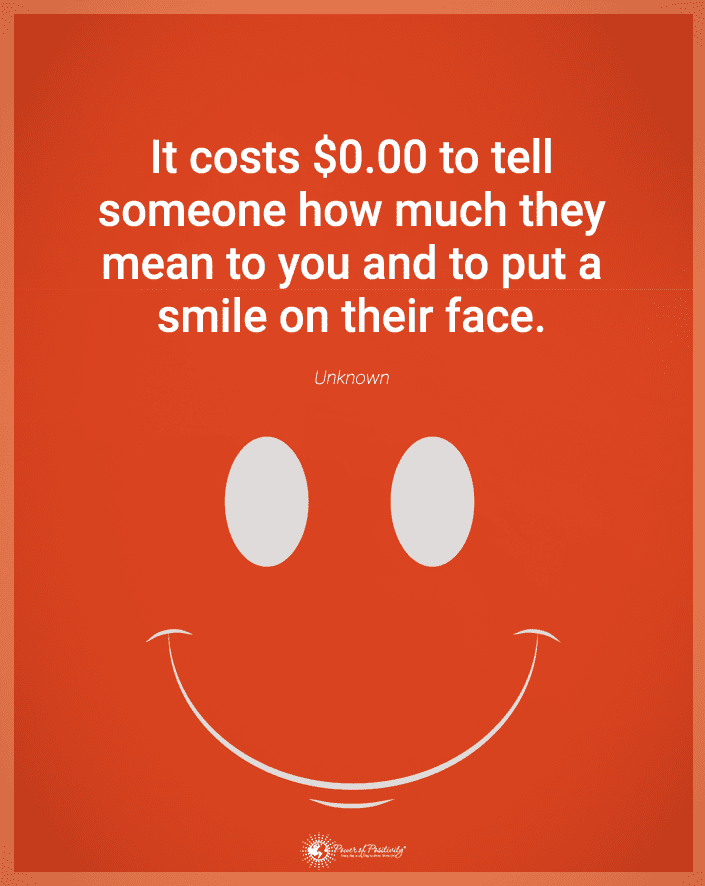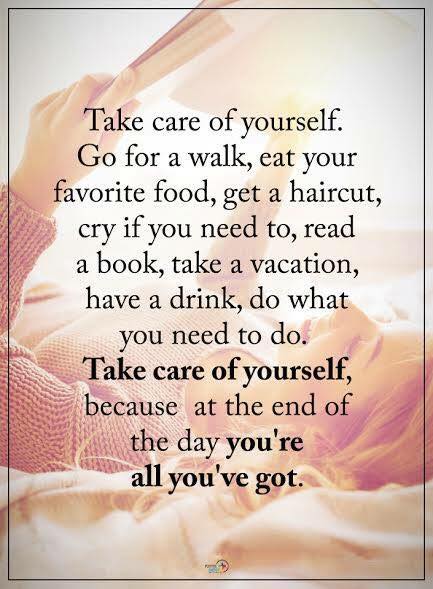Get ready to open your freezer and crack your ice cube trays. Ice therapy is a simple self-help treatment that you can do at home to ease many different aches and pains.
Putting ice on a specific point in your head won’t cure what ails you, but it could make you feel a whole lot better in just a short amount of time, and without the doctor’s office. Here’s what you need to know about helping yourself with this treatment.
What’s the Point?
There are four hundred acupuncture points on the human body, and twenty meridians connecting those points, according to The Standard Acupuncture Nomenclature published by the World Health Organization (WHO). The one we are looking closely at is called Feng Fu.
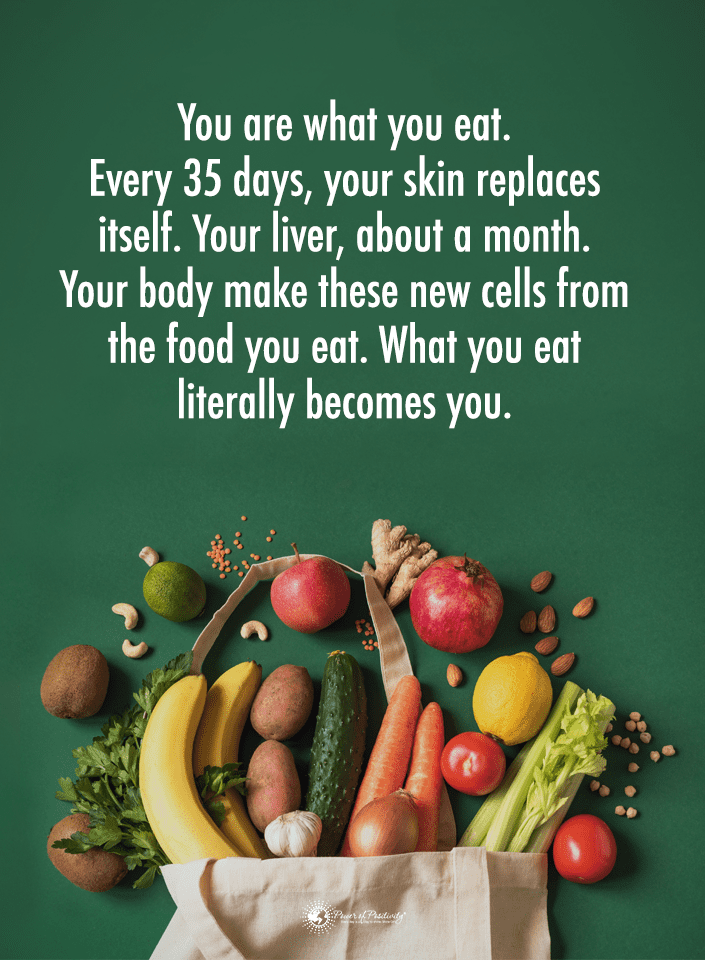
Feng Fu is the name of just one of the 400 pressure points in our bodies. Feng Fu is located at the skull’s base and the spine’s top. This vital area contains our brain stem, spinal column, muscles and tendons that support our heavy brains, as well as our major arteries and windpipe.
The name Feng Fu translates to ‘Wind Mansion’ in English. In acupuncture theory, a ‘pathogenic wind’ is responsible for certain symptoms. The Feng Fu point is where the practitioner will apply tiny acupuncture needles to relieve the cause of the problem.
The Feng Fu point is number GV 16 (GV stands for Governor Vessel) and in the technique of acupuncture, and it is also called a Ghost Pillow point. In the ancient origin of acupuncture, mental illness was originally thought to be caused by angry spirits. The Ghost Pillow point was treated when the spirit had gained access into the brain.
According to acupuncture, Feng Fu is also a Window of the Sky Point. This means it is a crucial communication point between the mind and the rest of the body. Any issues with the extremities of the body could be related to a restriction in this center.
Although acupuncture is best left to a professional, knowledge of the body’s pressure points can be a useful tool for self-healing. If you would like to consult with a Certified Acupuncturist, you can find one through this link.
Why Ice?
When tissues are inflamed by injury, illness, or environmental factors, they swell and pressure the surrounding area. Like a puffer fish that inflates itself in defense when attacked by a predator, our tissues inflate with blood to fight disease.
Inflammation is our body’s way of mobilizing the immune system to fight illness. Blood rushes to damaged internal tissues so that white blood cells can get to work healing our bodies. But inflammation is also painful when tissues become red, hot, and swollen.
Applying cold to the area of the inflammation reduces the swelling and helps relieve the pressure on surrounding tissue. Ice is a cheap, drug-free way of treating the pain associated with inflammation.
Placing ice at this point on your head is not a cure for the cause of the inflammation, but it treats the symptoms and discomfort. Consult a physician if pain becomes severe or lasts for several days. Although icing this point on your head is believed to help with breathing problems like asthma, you should also talk to a doctor if breathing or swallowing are difficult.
Brain Freeze
Icing the base of your head is all about relieving pain. The time needed to see relief from symptoms can vary but start by trying ice for ten minutes. After the initial ten minute trial, check your symptoms to see if you have noticed any decreased pain. Try varying the amount of time, up to twenty minutes.
To avoid dripping ice water down your neck and back, try putting ice in a freezer bag and wrap a thin washcloth or clean rag around the bag. Applying ice directly to the skin can cause frostbite, so always use a cloth between your skin and the ice.
Treatment for frostbite is similar to treatment for burns. Ice applied directly to the skin can cause blisters and skin damage that, when severe, can require surgery. Never ice any injury for more than twenty minutes at a time.
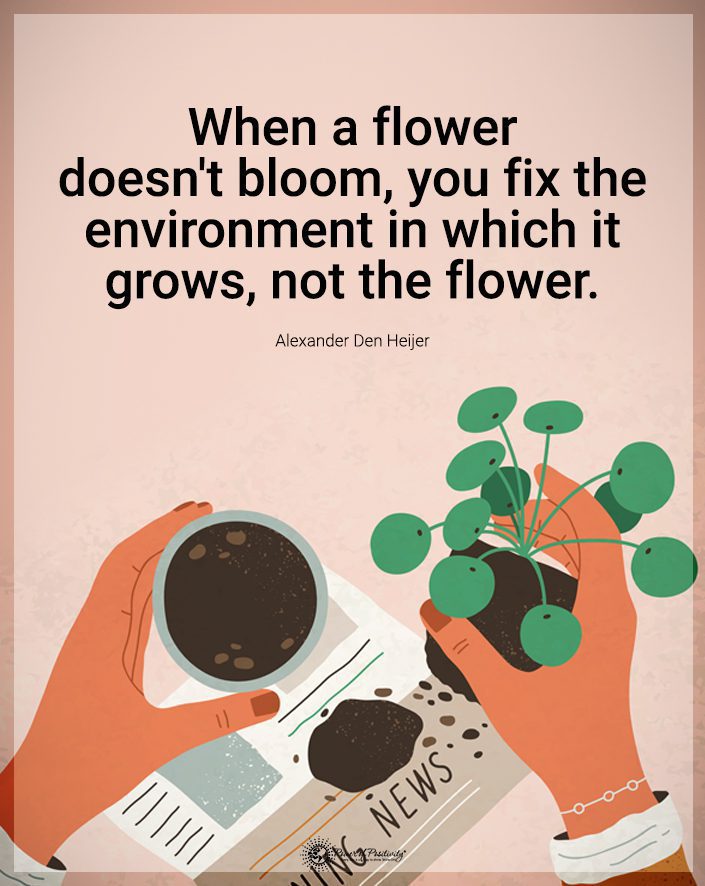
Final Thoughts on Understanding What Happens You Place an Ice Cube at This Point on Your Head
You’ll reduce pain due to the following:
- Headache and migraine relief
- Dizziness, numbness, twitching, tremors
- Chronic neck and shoulder pain
- Throat swelling
- Earache
- Nosebleeds
- Eye pain
- Aphasia (trouble speaking, as in laryngitis)
- Spinal cord problems
- Tooth pain
- Lockjaw
According to acupuncture theory, icing the Feng Fu point on your head may also help with mental health concerns such as fear, suicidal thoughts or manic behavior.
Please call the National Suicide Prevention Hotline at 800-273-8255 if you have suicidal thoughts.
Although seeing a licensed psychological therapist might be more helpful for these types of mental disorders in the long run, people who suffer from minor mental distress can certainly benefit from applying ice to their heads for quick relief.
Whether you seek relief from anything from a minor headache to the twitching associated with restless leg syndrome, placing an ice cube on your head is an easy home remedy. So head to the kitchen, open your freezer and give yourself a very quick and inexpensive ice therapy session.

